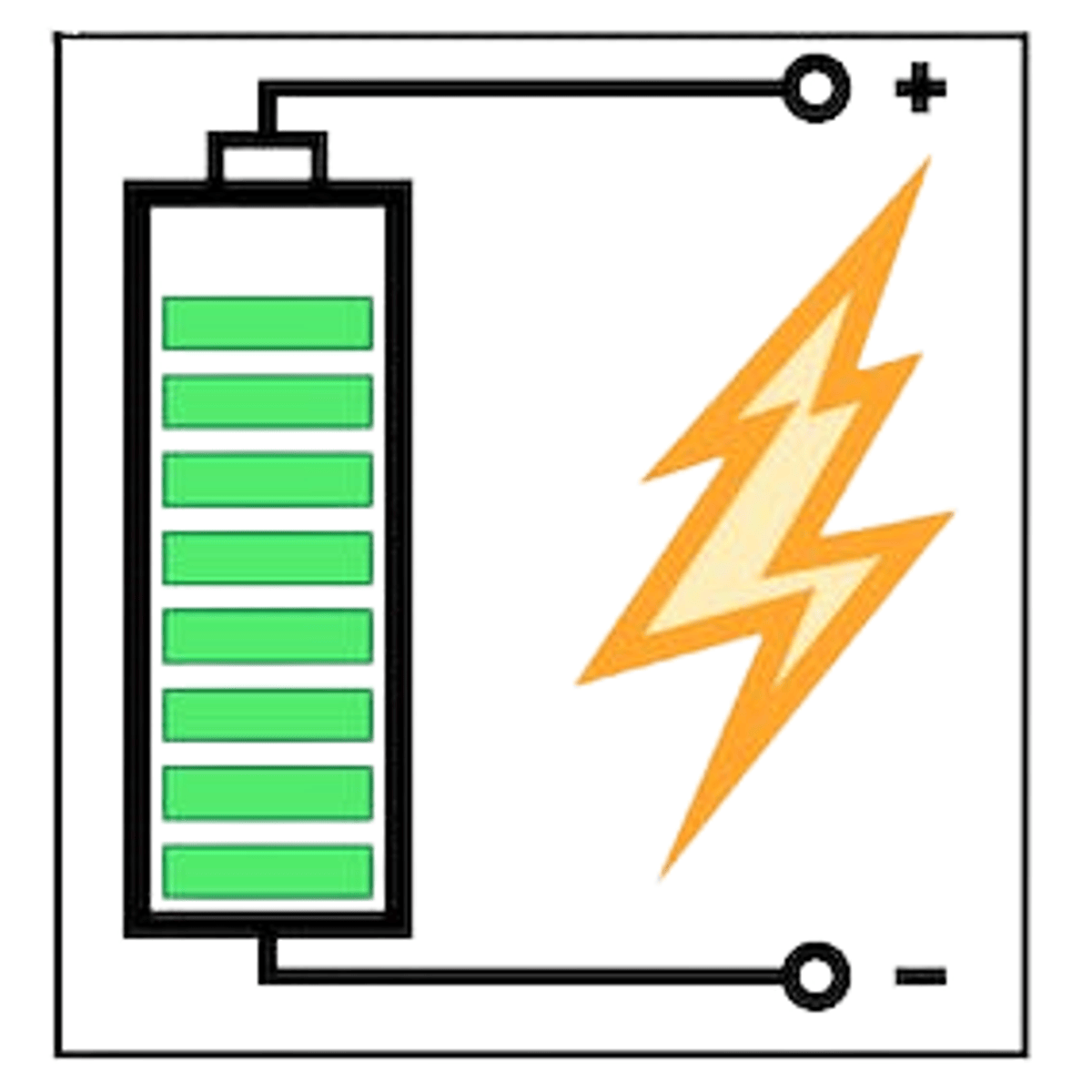
This course can also be taken for academic credit as ECEA 5734, part of CU Boulder’s Master of Science in Electrical Engineering degree.
In this course, you will learn how to design balancing systems and to compute remaining energy and available power for a battery pack. By the end of the course, you will be able to:
- Evaluate different design choices for cell balancing and articulate their relative merits
- Design component values for a simple passive balancing circuit
- Use provided Octave/MATLAB simulation tools to evaluate how quickly a battery pack must be balanced
Read more
This course can also be taken for academic credit as ECEA 5734, part of CU Boulder’s Master of Science in Electrical Engineering degree.
In this course, you will learn how to design balancing systems and to compute remaining energy and available power for a battery pack. By the end of the course, you will be able to:
- Evaluate different design choices for cell balancing and articulate their relative merits
- Design component values for a simple passive balancing circuit
- Use provided Octave/MATLAB simulation tools to evaluate how quickly a battery pack must be balanced
This course can also be taken for academic credit as ECEA 5734, part of CU Boulder’s Master of Science in Electrical Engineering degree.
In this course, you will learn how to design balancing systems and to compute remaining energy and available power for a battery pack. By the end of the course, you will be able to:
- Evaluate different design choices for cell balancing and articulate their relative merits
- Design component values for a simple passive balancing circuit
- Use provided Octave/MATLAB simulation tools to evaluate how quickly a battery pack must be balanced
- Compute remaining energy and available power using a simple cell model
- Use provided Octave/MATLAB script to compute available power using a comprehensive equivalent-circuit cell model
What's inside
Syllabus
Passive balancing methods for battery packs
In previous courses, you learned how to write algorithms to satisfy the estimation requirements of a battery management system. Now, you will learn how to write algorithms for two primary control tasks: balancing and power-limits computations. This week, you will learn why battery packs naturally become unbalanced, some balancing strategies, and how passive circuits can be used to balance battery packs.
Read more
Syllabus
Good to know
Save this course
Reviews summary
Loved by learners
Activities
Design a Passive Balancing Circuit
Show steps
Engage in this comprehensive project to apply your knowledge in designing a passive balancing circuit for a battery pack. This hands-on experience will solidify your understanding of balancing techniques and their practical implementation.
Show steps
-
Determine the balancing requirements
-
Select appropriate components
-
Design the circuit
-
Simulate and test the circuit
Develop a Power-Limits Method for Battery Management
Show steps
In this challenging project, you will create a power-limits method for battery management. This will involve integrating various concepts from the course, enabling you to design a comprehensive solution for optimizing battery performance and safety.
Show steps
-
Review existing power-limits methods
-
Develop a new power-limits method
-
Implement the method in a simulation environment
-
Analyze the results and refine the method
Show all two activities
Design a Passive Balancing Circuit
Show steps
Engage in this comprehensive project to apply your knowledge in designing a passive balancing circuit for a battery pack. This hands-on experience will solidify your understanding of balancing techniques and their practical implementation.
Show steps
- Determine the balancing requirements
- Select appropriate components
- Design the circuit
- Simulate and test the circuit
Develop a Power-Limits Method for Battery Management
Show steps
In this challenging project, you will create a power-limits method for battery management. This will involve integrating various concepts from the course, enabling you to design a comprehensive solution for optimizing battery performance and safety.
Show steps
- Review existing power-limits methods
- Develop a new power-limits method
- Implement the method in a simulation environment
- Analyze the results and refine the method
Career center
Battery Management System Engineer
Battery Research Scientist
Battery Pack Design Engineer
Battery Project Manager
Battery Systems Engineer
Battery Modeling Engineer
Battery Simulation Engineer
Battery Product Manager
Battery Design Engineer
Battery Quality Control Engineer
Battery Test Engineer
Battery Manufacturing Engineer
Battery Sales Engineer
Battery Analyst
Battery Marketing Engineer
Reading list
Share
Similar courses
OpenCourser helps millions of learners each year. People visit us to learn workspace skills, ace their exams, and nurture their curiosity.
Our extensive catalog contains over 50,000 courses and twice as many books. Browse by search, by topic, or even by career interests. We'll match you to the right resources quickly.
Find this site helpful? Tell a friend about us.
We're supported by our community of learners. When you purchase or subscribe to courses and programs or purchase books, we may earn a commission from our partners.
Your purchases help us maintain our catalog and keep our servers humming without ads.
Thank you for supporting OpenCourser.



